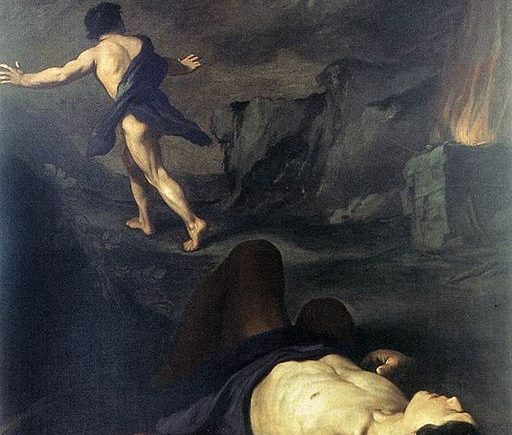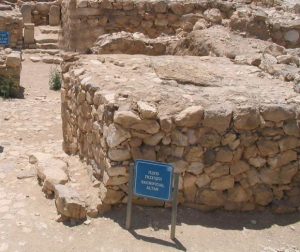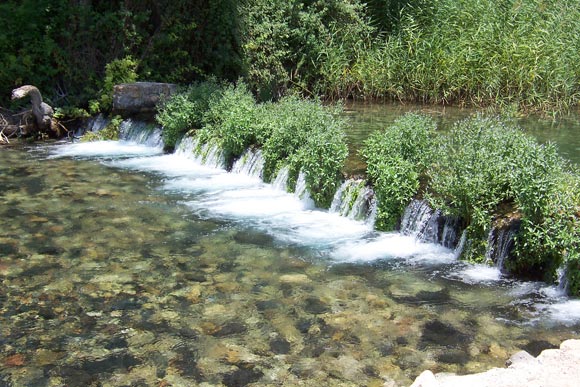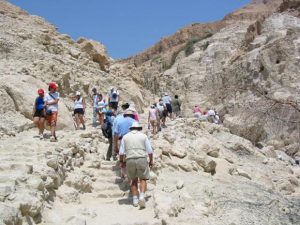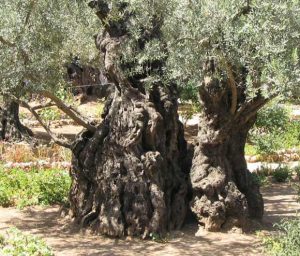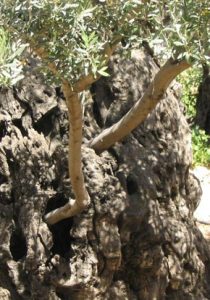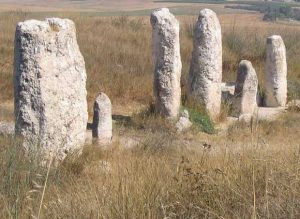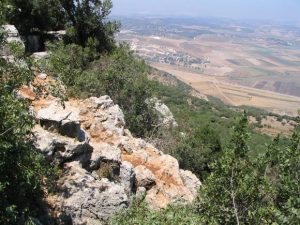by Bruce Okkema
“What have you done? The voice of your brother’s blood is crying to Me from the ground.” Genesis 4:10
Often more can be said with a question than can with an answer, because the answer can be implied in the question. This is why it is such a highly effective method for instruction. A person can not easily avoid being drawn into the discussion without revealing their own adequacy and position. Here, in the opening chapters of Genesis we have some very powerful questions being posed by the Lord Himself.
Then the LORD God called to the man, and said to him, “Where are you?” He said, “I heard the sound of You in the garden, and I was afraid because I was naked; so I hid myself.” And he said, “Who told you that you were naked? Have you eaten from the tree of which I commanded you not to eat?” The man said, “The woman whom You gave to be with me, she gave me from the tree, and I ate. Then the LORD God said to the woman, “What is this you have done?” And the woman said, “The serpent deceived me, and I ate.” Genesis 3:9-13
We cannot hide from God thinking that he will not know. He will hold us accountable for our actions and he will be right there confronting the sinful. We are not told that Adam, or Eve, or Cain confess their sins and they are driven from God’s presence. Note also that even though Eve had committed the first sin, God addressed Adam first. He had given Adam the commandment not to eat of the tree (Gen. 2:16), and held him responsible for both of their actions.
There is a repeat of this kind of behavior in the story of King Saul (I Samuel 13). His kingdom is torn from him after he offered the sacrifice himself rather than waiting for the prophet Samuel. When he arrived, Samuel said,
“What have you done? … You have acted foolishly; you have not kept the commandment of the LORD your God, which he commanded you, for the LORD would have established your kingdom over Israel forever. But now your kingdom shall not endure. The LORD has sought out for Himself a man after His own heart, and the LORD has appointed him as ruler over His people, because you have not kept what the LORD commanded you.”
From these stories and all the other lessons of scripture, we must realize that God means what he says, and will not overlook what we do.
“Adam, where are you?”
“Eve, what have you done?”
“Cain, where is your brother Abel? What have you done?”
From the very beginning, you can hear these questions echoing throughout all of history. Think about the question, “What have you done?” Hopefully, you will have a positive answer.

